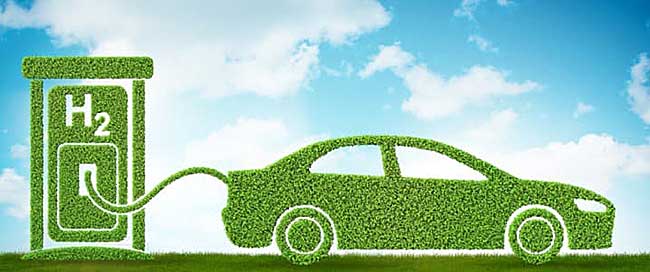
Volkswagen has embarked on an ambitious project that has taken the automotive industry by surprise. The German car manufacturing giant is developing a hydrogen fuel cell vehicle. This secret project involves a new hydrogen fuel cell technology that Volkswagen has reportedly filed a patent for. The vehicle in question is expected to have a range of 1,243 miles (2000 kilometers), which is a significant leap in terms of distance covered by hydrogen-powered vehicles.
The technology is being developed in collaboration with the German company Kraftwerk Tubes and features a ceramic membrane. This membrane is not only cheaper to manufacture than the polymer membranes used by other manufacturers like Hyundai and Toyota but also more durable and resistant to extreme conditions. Volkswagen’s approach with this technology is a long-term strategy aimed at climate protection, with the goal of becoming carbon-neutral by 2040.
In addition to this, Volkswagen is investing in renewable power sources and unique technologies. One such initiative is a project to synthesize green hydrogen for Europe’s largest light metal casting in Baunatal, Germany, which aims to decarbonize the foundry from conventional gas usage in aluminum production to green hydrogen.
While Volkswagen’s CEO, Thomas Schäfer, has expressed skepticism about the short-term practicality of hydrogen technology, citing cost concerns compared to battery-electric vehicles (BEVs), the company is not abandoning its electric vehicle development.
This move by Volkswagen indicates a growing interest in hydrogen as a clean energy source and reflects the company’s commitment to innovation and sustainability in the automotive industry. It’s a bold step that could potentially reshape the future of transportation. Remember, this information is for educational purposes and not financial advice.
Citation